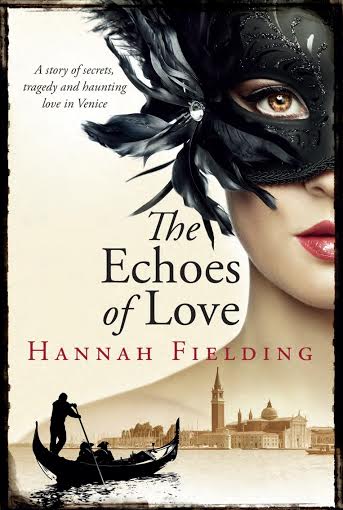Morocco, Barbados and Kenya were the big success stories for 2013
Montenegro is hotly tipped for 2014, while Spain and Portugal continue to perform well
Morocco has outperformed any other worldwide holiday destination in terms of increased bookings for 2013, according to loveholidays.com
 Data from the online travel agency reveals bookings to Morocco are up a staggering 1,100% year-on-year. Barbados and Kenya have seen bookings soar, by 800% and 700% respectively, while regular favourites Spain and Portugal also report big increases.
Data from the online travel agency reveals bookings to Morocco are up a staggering 1,100% year-on-year. Barbados and Kenya have seen bookings soar, by 800% and 700% respectively, while regular favourites Spain and Portugal also report big increases.
Montenegro, meanwhile, is being tipped as the next big destination in 2014, after it too showed a healthy increase in bookings last year.
Morocco holidays: up 1,100%
Morocco has been boosted in recent years, partly since easyJet launched flights to the destination. Since then, UK holidaymakers have started to realise what great value it is, and because it’s only a three-hour flight away, it’s possible to nip over for a short break.
loveholidays.com founder Alex Francis says: “Morocco is a very decently priced option for people who want to set foot on exotic soil and experience ‘Africa’ from as little as £150 per person.”
“Air capacity from the UK is increasing by 60% this winter with easyJet, for example, further expanding with the launch of a Bristol-Marrakesh service last month. It’s not surprising the Moroccan Tourist Board is predicting double-digit growth in travellers to the country. We think Morocco has still further to go.”
Barbados holidays: up 800%
Barbados is served with a great selection of flights from UK airports and transfer times from the airport to resort are shorter than some of the other Caribbean destinations.
Francis says: “It’s relatively safe and very “British” – you could say it’s got a ‘faraway familiarity’ about it, which is why it’s a firm favourite among Brits. This year, the Barbados Tourism Authority ran a promotion in conjunction with selected hotels giving tourists ‘free spending money’, redeemable at restaurants and attractions, to boost low-season bookings – and this definitely helped raise the island’s profile as a value-for-money destination.
“In addition, Barbados’ best-known export, Rihanna, is never far out of the media spotlight, ensuring regular publicity for the island.”
Kenya holidays: up 700%
Tourism to Kenya reached record levels three years ago, with British travellers making up the biggest proportion of its one million visitors. Political unrest, terrorism and rare instances of attacks on holidaymakers since then have kept the destination in the spotlight for the wrong reasons. But Kenya is so unusual that it never takes long to bounce back. Hence a 700% increase in demand.
Francis says: “There really is nowhere on earth like Kenya and safari holidays combined with a few days on the beach are really popular. Prices remain keen, so a bargain safari and beach holiday in Kenya is perfectly possible.”
Montenegro holidays: up 300%
“Our money’s on Montenegro as a hot destination for 2014. It’s a tiny country, but it’s going to be huge this year, with tourists flocking to the resort of Becici and the nearby Medieval town of Budva. Upmarket accommodation providers, such as Regent Hotels and Resorts and Kerzner International’s One&Only, are opening new properties in 2014; however, even on a smaller budget, it’s easy to experience Montenegro in style and comfort.”
“The four-star Hotel Montenegro Beach in Becici has proved really popular this year. As far as value for money goes, it’s hard to beat – and that’s why we’re tipping Montenegro as one to watch this year,” predicts Francis.
Spain and Portugal holidays: up 571% and 616% respectively
The original summer holiday destination for Brits – Spain – has been back in favour for a few years now. It’s not surprising, since it’s got brilliant flight links, offering the convenience of flying from a local airport in the vast majority of cases. Its neighbour, Portugal, is also a staple favourite and both destinations have a loyal repeat visitor clientele.
“In addition, these are two destinations that, even throughout the economic downturn, still represent great value for money, especially holidays to Spain,” says Francis.
“It’s just over two hours away and has stayed relatively ‘cheap’ while other destinations have shot up in price. Spain is consistently our big seller.”
Other high-performing destinations during 2013, and expected to prove popular next year, are: Tunisia (up 408%); Canary Islands (up 340%); Egypt (up 317%); Aruba (up 300%); Jamaica (up 289%); Balearic Islands (up 267%); Turkey (up 271%) and Slovenia (up 250%).





